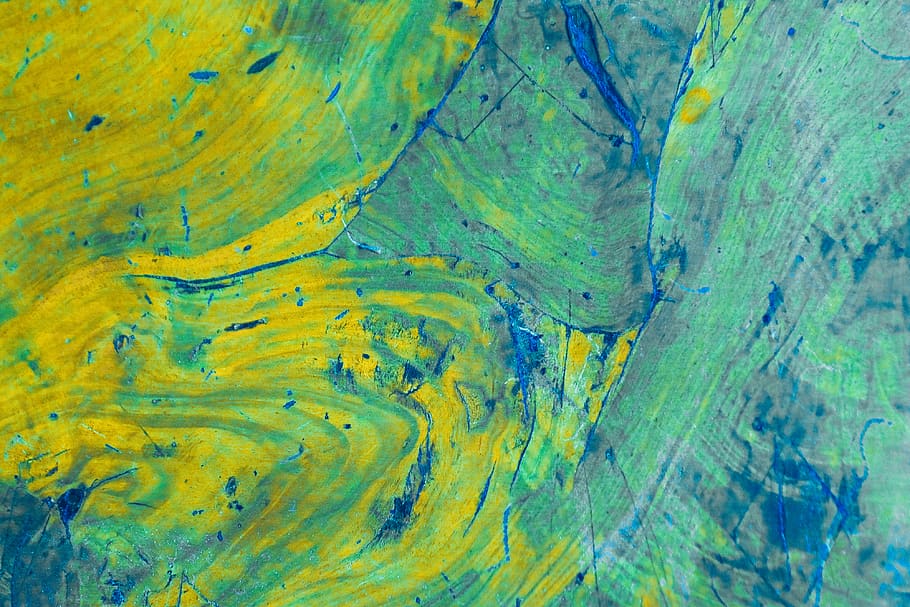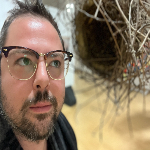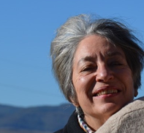TRANSLATED FROM THE ITALIAN BY BRENDA PORSTER

Image Used for Representation
– This is my body
made of roads and words, of houses and periods
this is the body of the text, the gangrenous metonymy of language.
I want to melt the metal point of the key
a mint candy, cold
and then dissemble
and dissolve, divide existence
into minute fragments invisible to sight
so that I become city, neighborhood, your home –
My hands end up searching for the candle.
It was a black-out that made me understand everything, in the low light
I saw cleaner lines,
the map has sharper features, a mouth,
under the eyes’ altimetric lines, nostrils. Ears in the diagonal,
folds in the map, remembering.
I have heard the breath wavering. I hear
I open the seventh door and touch the lost wax
perception becomes synapses still warm
on the grey metal of a ring that leads.
The glasses on the table by the bed
the wax plugs. Near. Will the game be worth the candle?
Who can say. Not even the giant Skopje
has an eye large enough
to take in the pattern at a glance.
Even in the dead body there is no answer,
but it looks recomposed
in the paper urn in scale one to twenty-seven thousand.
Eat the page, this is my body
take it make of it your daily newspaper, a manifesto to hang on the wall,
packaging for your carriage,
transcribe the words in other languages, translate these on your walls
***
If I am in the bedroom I can enter your inmost thoughts. Attracted, interweave glances, come too close so as not to see the face, disassembled image now, cubist. Here is the third eye advancing, the blue lamp wavering on your stone forehead.
So few letters, to wreath sighs like craftsmen in a sheet, white veil and shroud. Polished vowels. Nostrils, to smell the same scent of wet wood. Roots and dark knots. Hands, to reassemble pleasure in tesseras of clouded glass, an abstract mosaic of touch. Patient. To incarnate the wait.
Arms, among the graftings of a blackand white mulberry tree, branches of a single life. Divided. Eyes, to look at us then with mouths dirtied by our own fruit, red. Sexes. Body to be body. Only body alone. Water of the Vardar. Wet splinters gathered in the middle of my icy stomach, the smell of rain in my navel, shelter of a wasted life. Sign, scar and knot conceived in my empty womb, envelope of my self.
The mirror shattered then, the mirror shattered to a thousand tiny seeds, live fragments. And a thousand times I saw your thousand reflected faces.
***
I go back to my lowest stature. Skopje has disappeared,
and the photos will be useless, the wax statues
erected like seven wonders
no one will recognize him
among the paper colossi made to his memory. I see
works in course and to the east and words
to the west the two doors,
the sign curves over the – ands – of conjunction
my ears, to the north the circular nostrils
— the surveyor says it can’t be done – but to smell the cold scent of logic
you must choose: always or everywhere, there can be no compromise.
– Before leaving I ask you
to direct my trabeated stone
eyes towards a warm, suave light: two points
to explore more deeply the matter of a gaze.
I was forgetting. Leave the last door turned upwards
so that my words can trace
the slow parabola of thought. Far away, towards zero degree
a point of sense will remain on the tongue. Wet,
it will wait for the day when I can put out
the light of reason
with two spit–dampened fingers —
Also, read In Praise Of Métissage by Cheikh Tidiane Gaye, translated from the Italian by Marie Orton, and published in The Antonym:
Follow The Antonym’s Facebook page and Instagram account for more content and exciting updates.



























0 Comments